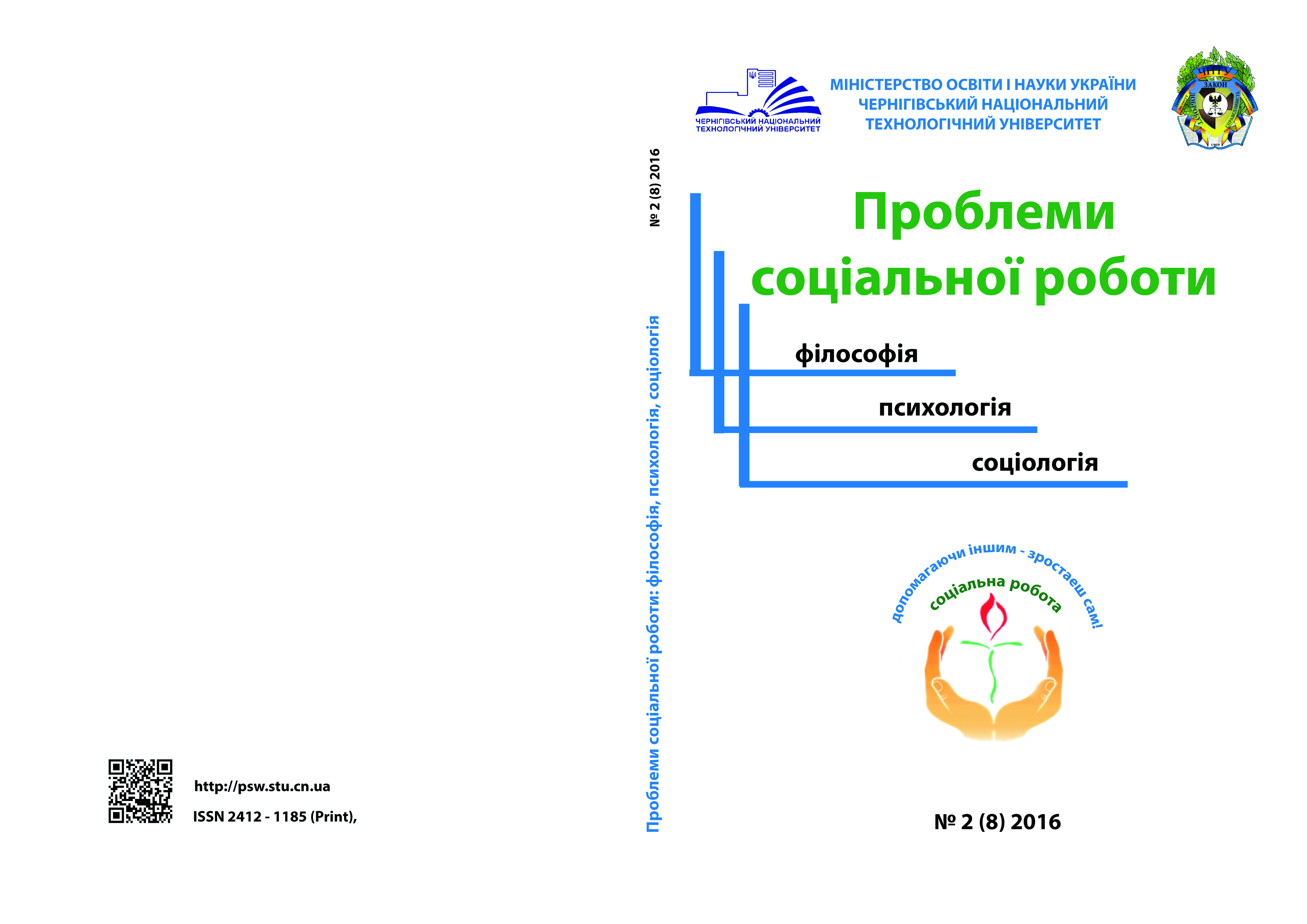LINGUISTIC FOUNDATIONS OF SOCIOCULTURAL PRINCIPLES OF ECONOMIC COOPERATION IN THE GLOBAL COORDINATE SYSTEM
Keywords:
linguistics, language communication, social and cultural principles, economic reality, man, globalizationAbstract
This paper is an attempt to conceptualize linguistic foundations of social and cultural principles of economic relations in the context of the integration of Ukrainian society into the world economy in the XXI century. An active use the cultural and hermeneutic methods as a sociocognitive phenomenon in the contemporary scientific research stimulated the search and the study of conceptual structures that would allow fixing the real multidimensionality of social and economic sciences, their immersion in the concrete production methods and historical contexts. When considering the linguistic reality of social and economic life in the form of a text, the person stays the main focus of the research. In this manner, the original text of modern economic culture, which includes people's worldview and features of their mental interaction system, the manner and nature of social and economic existence, the distinctive sign system in the form of fixed information is formed. The exactly cognitive nature of the interaction of economic practices creates opportunities for people’s energy reif ication process in the economic and operating results of economic activity and sociovalue guidelines for their practical use. Language characterizes socio-cultural principles of a historical and civilizational period formation, thus affecting the economic and business behavior. The language itself, as well as a certain terminology and the conceptual apparatus, do not include the things themselves, but the procedure of how they cover the activity sphere, thus revealing the objects’ semantic significance. The words transfer the meaning of things into the subconscious, and then into a conscious, so such meaning is portrayed in the mentality of each nation. Conceptualization as a system of reliable knowledge that explains certain aspects or characteristics of the studied concepts, regulations, facts on the basis of the established system of concepts, in prospect becomes a way of creating and understanding the new economic paradigm and the practical principles of its effective implementation. But any economic paradigm requires an ideological motivation, which, from a methodological point of view, can only provide the original configuration of the relevant socio-cultural principles of its creation and functioning. It could only be stated that the procedure for determining the internal grammatical patterns allows studying and establishing the language unity and a free will of a man, and this process is closely related to the ideological and political mechanisms of functioning in society. The language acquires the characteristics of a living organism, which is inextricably linked with the life of those people, whose will it exercises. In fact, such economic categories as labor, cost, welfare and many others do not only obey to logical laws, they have their own inner being, forming the different configurations of their existence, which include a substantial amount of subjective effects of the real life manifestations.References
Барт, Р. Смерть автора / Р. Барт // Избранные работы: Семиотика. Поэтика. - М. : Прогресс, 1994. – С. 384–391.
Кримський, С.Б. Запити філософських смислів / С.Б. Кримський. – К. : Вид. ПАРАПАН, 2003. – 240 с.
Леви-Стросc, К. Структурная антропология / К. Леви-Стросс; [пер. с фр.] – М. : Наука, 1985. – 536 с.
Лук’янець, В. С. Науковий світогляд на зламі століть: монографія / В. С. Лук’янець, О. М. Кравченко, Л. В. Озадовська [та ін.]. – К. : Вид. ПАРАПАН, 2006. – 288 с.
Соссюр, Ф. Труды по языкознанию / Ф. Соссюр. – М. : Прогресс, 1977. – 695 с.
Brown, V. The Economy as Text // New Directions in Economic Methodology / R. Backhouse (ed.). London : Routledge, 1994. – P. 368–382.
Grimm, T. L’Origine du language, Paris, 1859. - 178 p.
Downloads
Issue
Section
License
Copyright (c) 2017 Chernihiv National University of Technologies

This work is licensed under a Creative Commons Attribution-NonCommercial 4.0 International License.
1. Політика, яка рекомендується журналам, що пропонують відкритий доступ Автори, які публікуються у цьому журналі, погоджуються з наступними умовами:- Автори залишають за собою право на авторство своєї роботи та передають журналу право першої публікації цієї роботи на умовах ліцензії Creative Commons Attribution License, котра дозволяє іншим особам вільно розповсюджувати опубліковану роботу з обов'язковим посиланням на авторів оригінальної роботи та першу публікацію роботи у цьому журналі.
- Автори мають право укладати самостійні додаткові угоди щодо неексклюзивного розповсюдження роботи у тому вигляді, в якому вона була опублікована цим журналом (наприклад, розміщувати роботу в електронному сховищі установи або публікувати у складі монографії), за умови збереження посилання на першу публікацію роботи у цьому журналі.
- Політика журналу дозволяє і заохочує розміщення авторами в мережі Інтернет (наприклад, у сховищах установ або на особистих веб-сайтах) рукопису роботи, як до подання цього рукопису до редакції, так і під час його редакційного опрацювання, оскільки це сприяє виникненню продуктивної наукової дискусії та позитивно позначається на оперативності та динаміці цитування опублікованої роботи (див. The Effect of Open Access).


